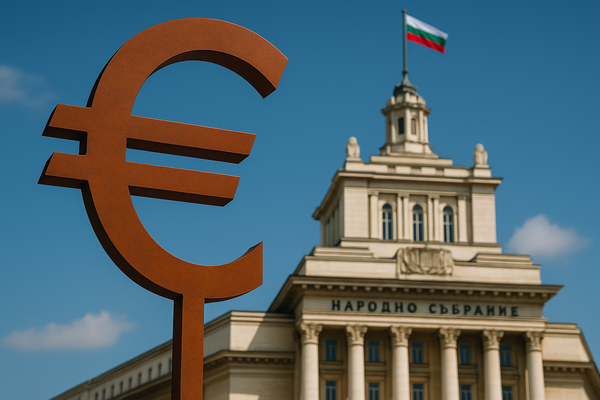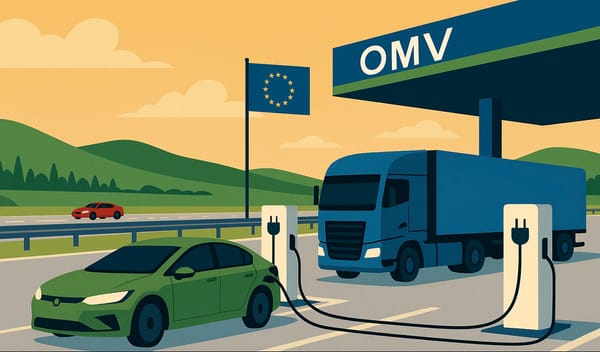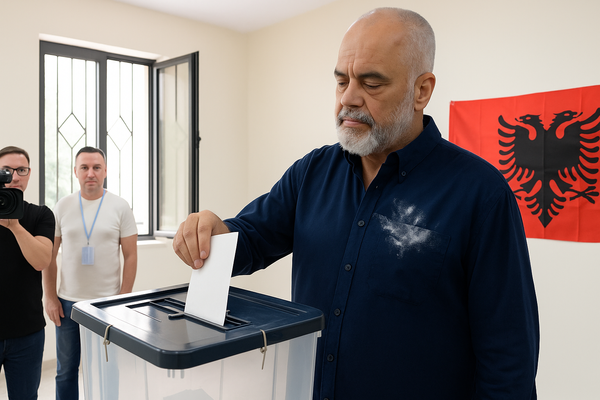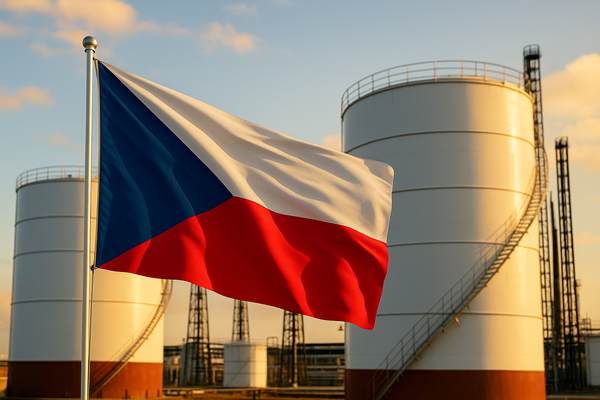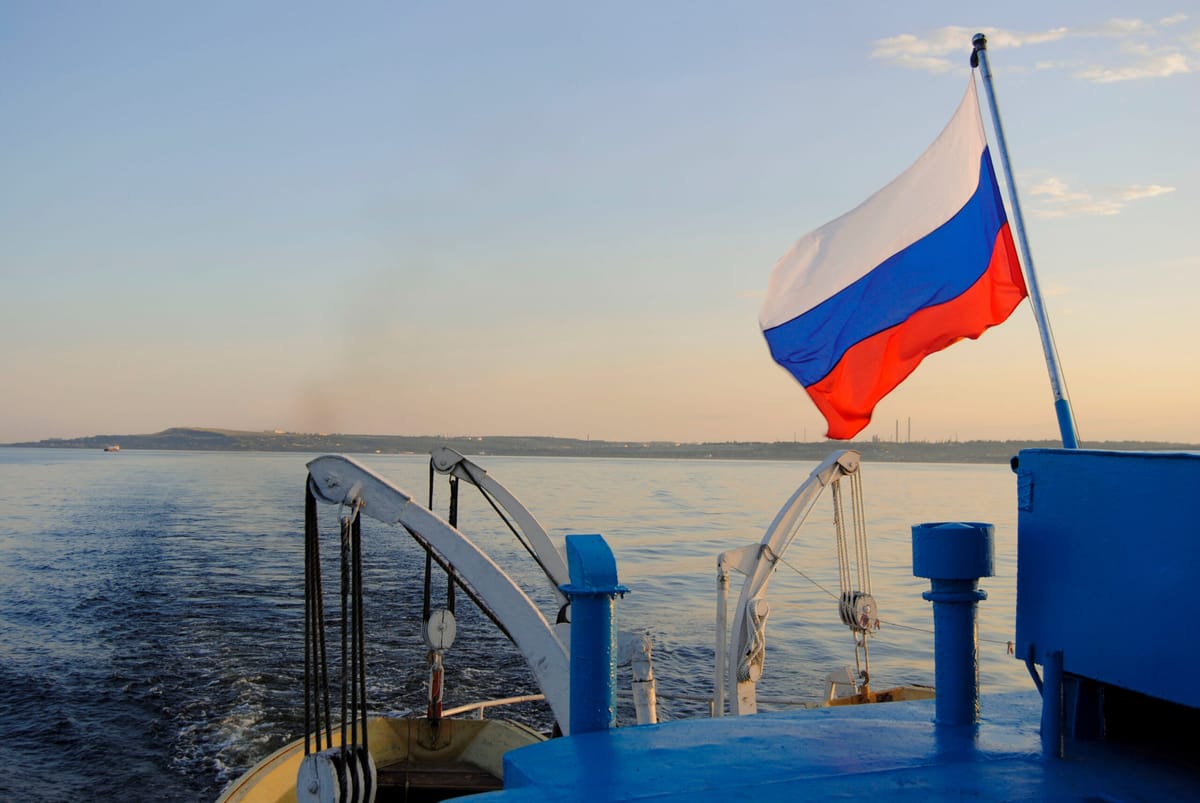
EU bans Russian ships from Europe's ports
The EU banned Russian seafaring vessels from entering European ports, as it approved its fifth tranche of sanctions against Russia on Friday. The bloc also embargoed Russian coal supplies from August and enforced restrictions on all transactions with four major Russian banks.
“We are proposing a fifth package of sanctions,” President of the European Commission (EC) Ursula von der Leyen said, including “a ban on Russian and Russian operated vessels from accessing EU ports and a ban on Russian and Belarusian road transport operators,” she explained, Russian state news agency TASS reported.
The EC will also introduce “targeted measures, such as a ban on participation of Russian companies in public procurement in the EU and exclusion of all financial support, EU or national to Russian public bodies,” she added.
Sanctions being prepared stipulate “further export bans, worth EUR10bn, in crucial areas: advanced semiconductors, machinery and transport equipment,” the EC President said. Additional export restrictions on Russia under the new sanctions list include jet fuel, quantum computers, high-tech electronics, software and engineering equipment.
The bloc will also prohibit the transportation of goods across the EU by hauliers from Russia and Belarus, with the exception of food and medicines. Imports into the EU of timber, cement, fertilisers, seafood, and alcohol will also be forbidden.
“A full transaction ban on four key Russian banks, among them VTB, the second largest Russian bank,” von der Leyen revealed. There will also be “an import ban on coal from Russia, worth EUR4bn per year, cutting another important revenue source for Russia,” she noted.
The four banks represent of the 23% of the market share of the Russian banking sector. The After being removed from the SWIFT international transfer system, these banks will be subject to an asset freeze, thereby being completely cut off from EU markets.
“Finally, we are also proposing further listings of individuals,” the EC President said. “We are also working on additional sanctions, including on oil imports, and reflecting on some of the ideas of the Member States, like taxes or specific payment channels such as an escrow account,” von der Leyen said.
These latest sanctions were adopted following the atrocities committed by Russian armed forces in Bucha and other places under Russian occupation, Josep Borrell, EU High Representative for Foreign Affairs and Security Policy, said.
The aim of our sanctions is to stop the reckless, inhuman and aggressive behaviour of the Russian troops and make clear to the decision makers in the Kremlin that their illegal aggression comes at a heavy cost, Borrell added.


